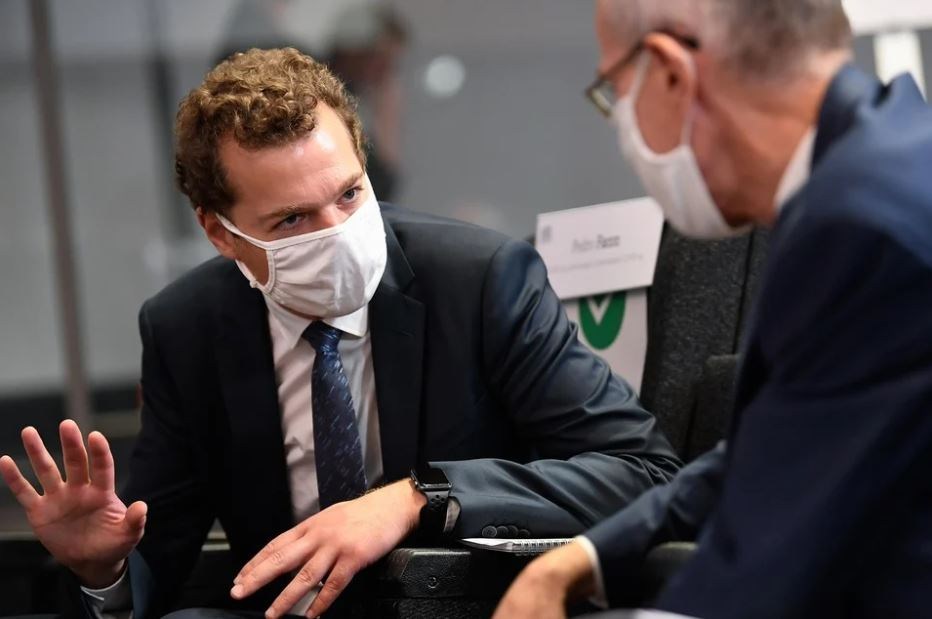After being put on the back burner for almost a year, the idea of a 'coronavirus barometer' will be back on the table at the next Consultative Committee in the week of 20 December.
The barometer will give people a better understanding of when and why new measures are taken, with the tool linking restrictions to certain thresholds: as soon as a certain number of beds in intensive care is occupied, a fixed set of measures is activated.
"Such a barometer is now indeed in the works," Gudrun Briat of the Corona Commissariat confirmed to The Brussels Times. It will be presented when it is ready but an exact date has yet to be fixed.
The idea of a 'coronavirus barometer' dates back to an announcement made by then-Prime Minister Sophie Wilmès at the National Security Council in September 2020. When Alexander De Croo took over the premiership a few weeks later, he stated that after numerous delays, the barometer would not be launched before it was "perfect."
A version of the tool was presented at a Consultative Committee in November 2020, but the proposal was too complicated and it was ultimately dropped, Federal Health Minister Frank Vandenbroucke told the Belga News Agency on Sunday.
Related News
- Belgium needs predictable rules instead of panicked decisions, says Vlieghe
- Omicron variant was likely present in Belgium for longer than known
- These new Covid-19 measures come into force today
"In the run-up to the summer, I insisted several times in the Consultative Committee on sufficiently strict and differentiated alarm thresholds, but that was also politically difficult at the time," he said.
"Therefore, I am pleased that the Commissariat has been instructed to work again on a management strategy with more predictability," Vandenbroucke added.
Objective limits clear to all
In recent days, several experts, such as infectious disease expert and chair of the GEMS expert group Erika Vlieghe, have called for such a system: "I think it is a good idea to move towards a system that links the epidemiological situation to a number of objective parameters (such as hospital admissions, ICU occupation) and things that you can do to keep things under control," she told VRT.
In fact, those codes already exist, and they are used in the reports of the RAG (Risk Assessment Group) every week, Vlieghe explained. "At the end of the day, we should move towards something more predictable."
"When winter comes, you put winter tyres on, that is an automatism," Vlieghe said. "With such a barometer, we could introduce a similar system: measures that we can all see coming."
In February 2021, motivational psychologist at the Ghent University (UGent) Maarten Vansteenkiste already argued in favour of fixed reference points for tightening or relaxing the rules to make it easier on the population.
"It is important to create clarity and to indicate what specific goal we need to achieve in order to make the next relaxing of rules possible," he told De Standaard back then. "This goes the other way too: when a certain limit is exceeded (for example, X number of occupied beds in intensive care units), a fixed set of measures is taken."

